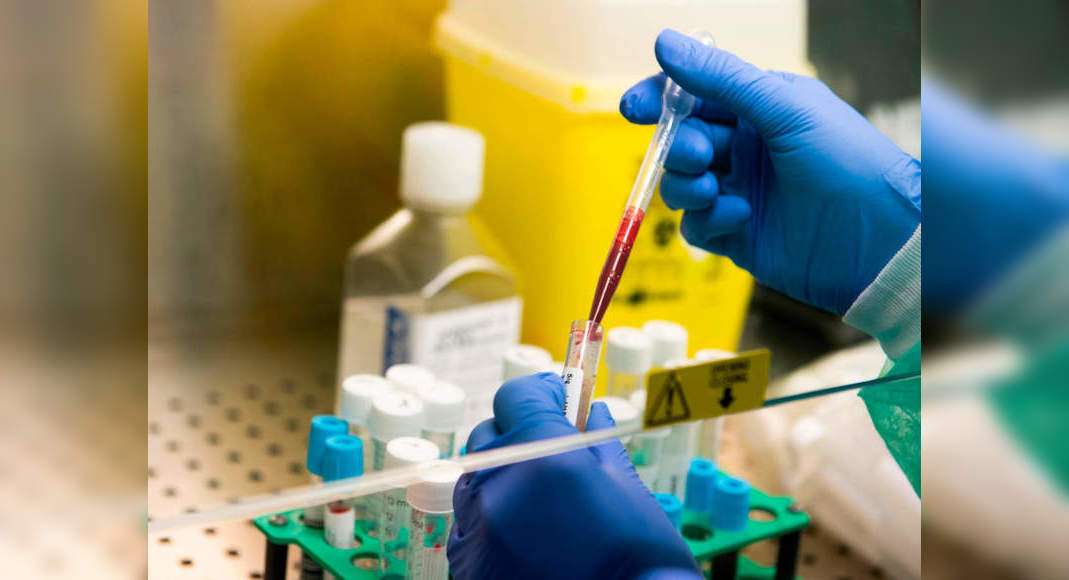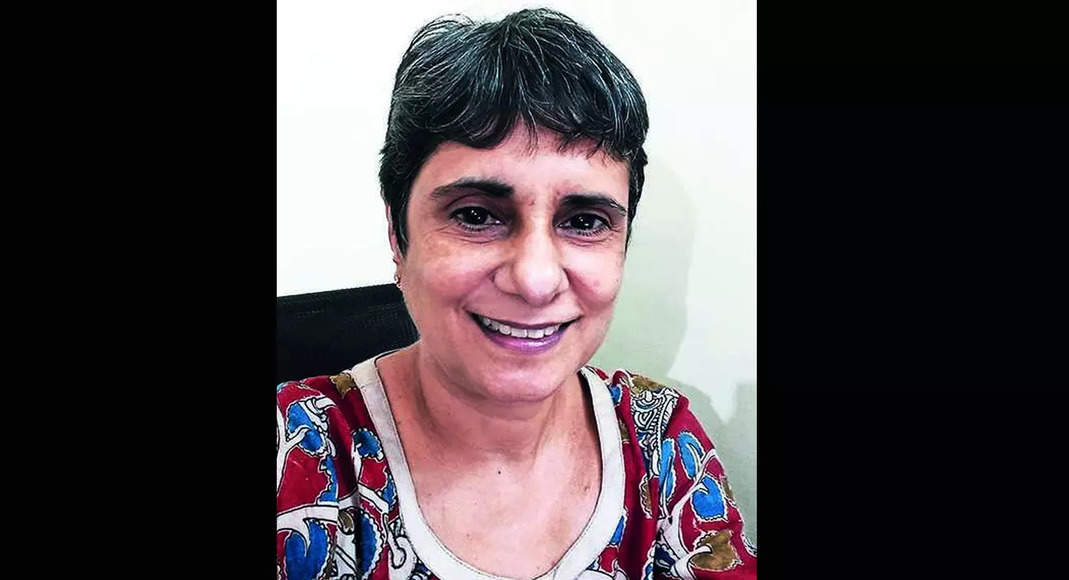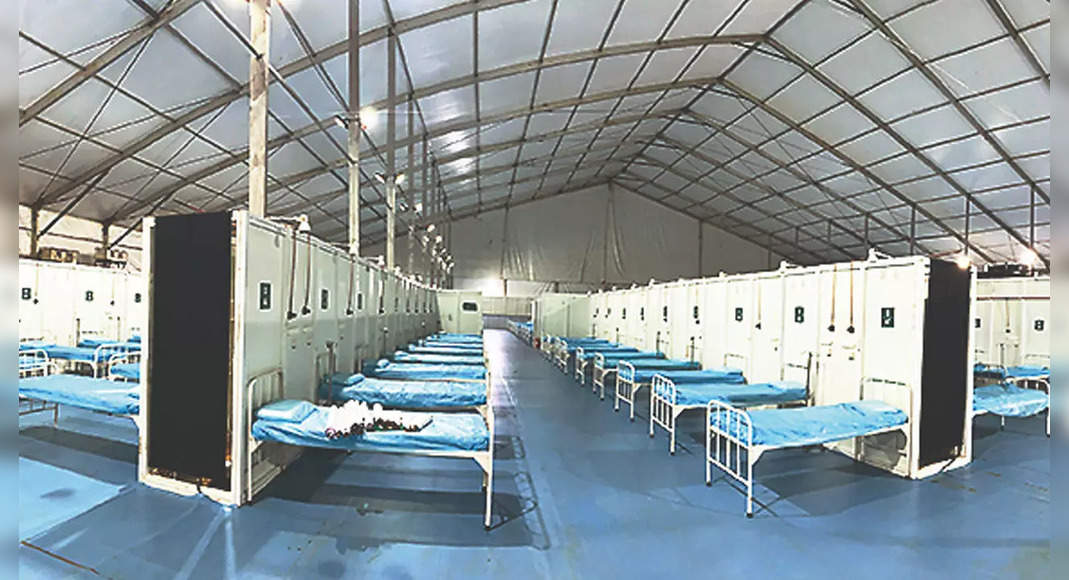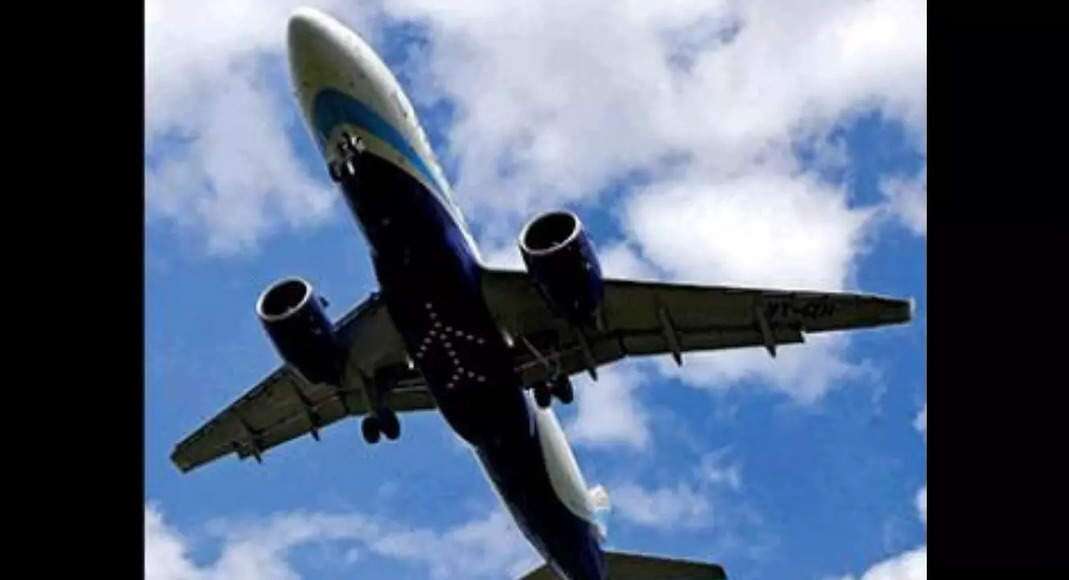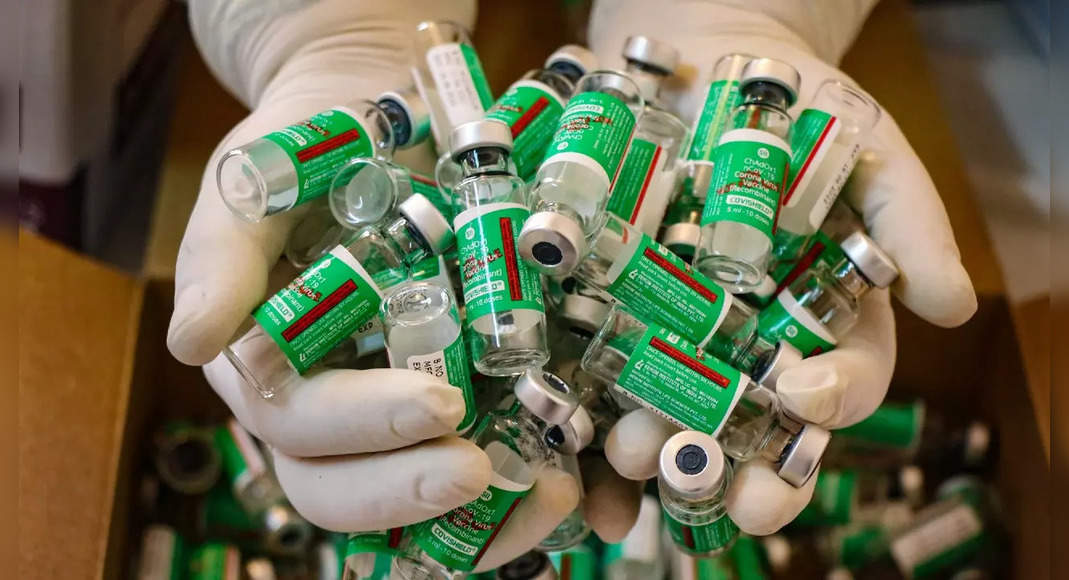PUNE: The Pimpri Chinchwad Municipal Corporation (PCMC) will start its second Covid-19 sero-survey this week with a sample size of over 10,000 people.
Experts said periodic sero-surveys, with substantial sample sizes, will be an important tool for more insights into areas and populations affected by the spread.
If one region or section of population shows higher antibody levels, resources can be diverted to protect areas that are still vulnerable, the experts added.
Experts said sero-surveys were important than ever now because people were being administered vaccines across the country.
In such a scenario, the spread of the infection among vaccinated and non-vaccinated people could also be studied to make better administrative decisions to tackle future surges.
Clinical epidemiologist Amitav Banerjee said, “Sero-surveys will not only predict the fury of future waves, but also guide vaccination strategy.
We are facing an acute crisis of vaccine supplies.
Natural infection gives robust immunity.
Excluding those who have Covid-19 antibodies or have had a positive RT-PCR test in the past will save a lot of resources and enable vaccination of all those who are vulnerable.” Om Srivastava, member of the state Covid task force told TOI, “The biggest importance of sero-survey now was to match the Covid numbers in the respective areas.
If you see Covid numbers falling in one area and increasing in others, then this survey becomes quite important as it gives an idea of what is happening in a particular area in terms of infection spread.” Subhash Salunke, advisor to the state government on Covid-19 and former director-general of health services (Maharashtra), felt that considering the current scenario and the looming threat of another wave, the sero-surveys could play a key role in the fight against the contagion.
“We had suggested the state government initiate at least a district-level sero-survey as an indicator of what the contagion situation was in the respective region.
But, not many districts showed much enthusiasm,” he said.
Sanjay Patil, chairman of the Indian Medical Association’s hospital board of India, told TOI that their earlier studies in Pune were conducted in a limited area.
“In general, sero surveys are recommended by medical science experts.
A structured sero survey could give us an idea of how many people were affected by the contagion.
Now that almost 37% of our target population has been vaccinated with the first dose, it could give us a better idea,” he said.
Atul Desale, the assistant professor of the department of community medicine at Yashwantrao Chavan Memorial Hospital, who will also lead the sero survey investigation, said that the upcoming sero survey would be more extensive and would include more research activities.
Results from Pune’s first sero survey, released in August last year, showed seropositivity rates nearing 60% in some slum pockets, with overall 50% positivity.
But that sero survey, experts said, was inadequate as it was limited to only 1,644 citizens across five high-incidence zones within Pune Municipal Corporation limits.
The first sero survey by the PCMC carried out from October 7 to 17 involved 5,000 people, which found that 34% of the surveyed people had antibodies, suggesting extensive spread across slums, tenements and large housing societies.
But, the proposed survey in PCMC limits later this month, is expected to cover residents of slums and large housing societies across areas that have recorded high, medium, and low transmission and people who have been vaccinated.
(With inputs from Umesh Isalkar)

